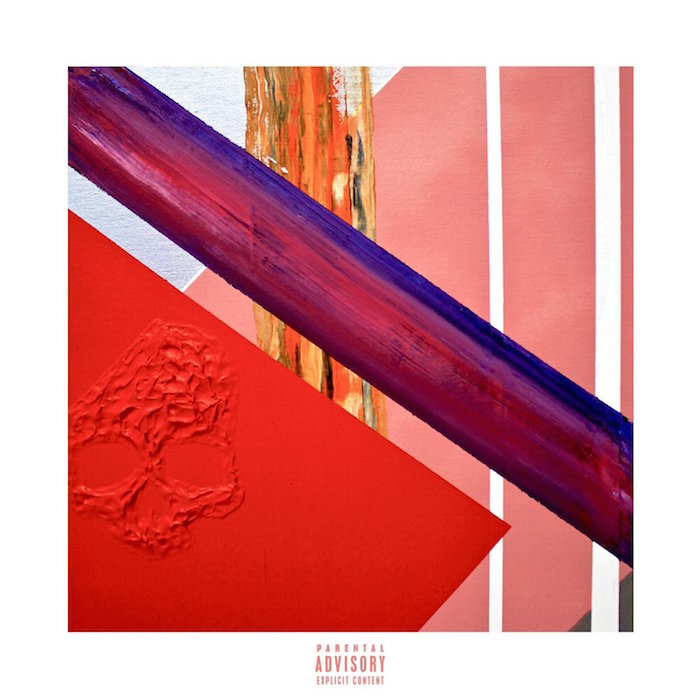Lupe made his long anticipated return from hiatus with Tetsuo and Youth with a mix of both vintage and redefined vocals. His last project was Food and Liquor II: The Great American Rap Album dropped back in 2012, a long time to wait for a hip-hop artist in this generation. Three years later, Lupe returns with a rather refreshed sound.
Tetsuo and Youth may be the most refined and thoughtful work he has released since 2007’s The Cool. Lupe is a man of many talents, often speaking of his love for painting. He painted the album’s cover, and it is only fitting as his style of lyricism is more of a vivid depiction than of a generic clever wit.
Mural (no surprise as to the choice of name) the first record on the album after the interlude, is a testament to this. The record sees Lupe rapping endlessly for nine minutes with no hook, sprinkling in one lucid description after another. He says he “paints cold pictures like Nova Scotia landscapes” while also asking rhetorical questions like “what’s coffin with a scratched ceiling?”- The line has no specific meaning metaphorically, but paints an eerie and somewhat ghoulish picture. He asks questions of our society, which he feels is too dependent on technology: “are we absent? Or are we bodies filled with aberrations, operating applications stuck inside and apple prison?” -commenting on the phenomenon surrounding Apple products. The record is beautifully crafted, and skillfully orated by Lupe, setting the tone for the rest of the work.
In Prisoner 1 & 2 Lupe paints a picture from the perspective of the prison guard who ironically has to work “or it’s no lights” alluding to one if his duties operating the lights at the prison but also having to work to make income to keep his light on at home. He also describes the guard as feeling a hint of jealousy every time a prisoner has finished their sentence and let free. It is particularly thought provoking.
The same goes for Deliver which uses a reluctant pizza delivery man as a metaphorical vehicle to explore (or in this case not explore) the conditions of the ghetto and the mindset of its inhabitants. He delves into some of the problems facing the slums, and delivers a deep and somber reflection that can tug at anyone regardless of background.
Lupe’s deep reflections and thoughtful depictions are therapy in musical form. I can’t help but feel at ease when listening to this body of work. Lupe often attempts to let the listener into his world, even if its a remote attempt, and this album is yet another generous offering.
